 Courtesy: United Nations India & Jindal Global University
Courtesy: United Nations India & Jindal Global University
On 25-26 May 2021, United Nations India held a Virtual Conference on Ethics of Artificial Intelligence (AI): Exploring pluri-perspectives in conjunction with OP Jindal University. Chaitanya Giri, Fellow, Space and Ocean Studies Programme, spoke on 'Operationalising AI ethics from a Pluri-Philosophical Lens', where he made the case for Sanskrit as an applicable language for instilling ethics in AI. He also emphasized the need for greater scientific inquiry in natural intelligence to avoid skewed technological progress with AI.
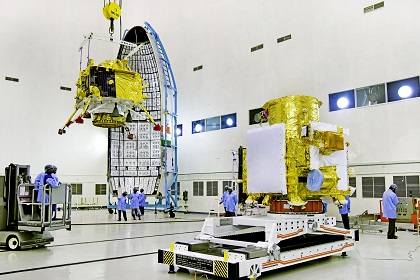 Courtesy: ISRO
Courtesy: ISRO
With the space sector being divided into astro-political blocs, India can't afford to stay non-aligned. A recent treaty between China and Russia makes it plain for India that leaving space exploration to a few science aficionados can be dangerous. India needs a national space exploration strategy with tangible economic and meta-strategic goals in sight.
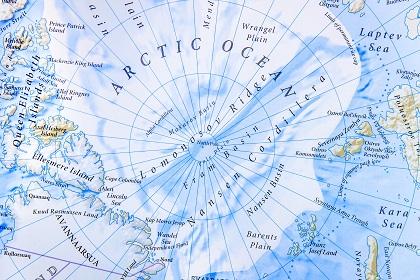 Courtesy: Arctic Council Flickr
Courtesy: Arctic Council Flickr
India has had big successes during its first stint as an observer in the Arctic Council. Since then, the country has made substantial progress in its climate action pledges and developed comprehensive strategies to mitigate climate change. With its re-election, India can now offer much more to the global organisation's role in promoting environmental stability in the polar region.
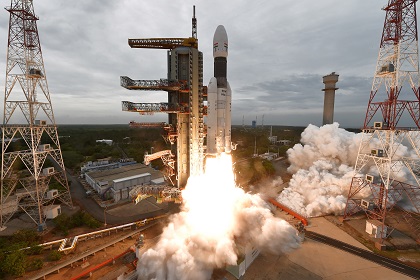 Courtesy: ISRO
Courtesy: ISRO
As the density of satellites increases in Earth's orbit, extreme space weather events like solar storms and radiation whiplashes threaten satellite constellations. A ‘whole-of-government’ approach is needed to address the challenges of space weather on India’s converging space and digital economies.
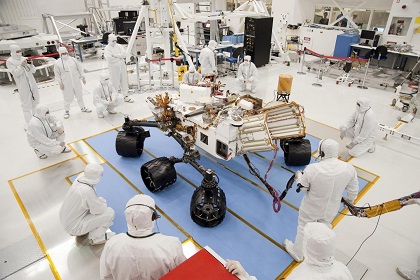 Courtesy: NASA/JPL-Caltech
Courtesy: NASA/JPL-Caltech
With an increasing human and robotic footprint in the solar system, there is a need to develop robust regulatory mechanisms to prevent the “forward” and “backward” biochemical contamination of these unexplored celestial bodies.
 Courtesy: NASA
Courtesy: NASA
As more countries pursue missions to Mars, planetary explorations are evolving from being science-driven scientific pursuits to an economics-driven one. For India, commercializing planetary exploration must be a national priority. This demands more attention and contributions from the private sector - especially startups and innovative companies - to ensure a vibrant space program.
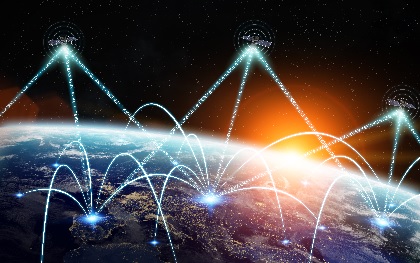 Courtesy: Shutterstock
Courtesy: Shutterstock
The maturing private space sector in the U.S. has learned to raise money from the market in the form of sectoral equity-traded funds. Such financing mechanisms will keep the U.S. ahead in the global space economy, which is slated to grow manifold from $430 billion now to $4 trillion by 2040. India's fledgling private space ecosystem, financiers, and stock exchanges can learn from the U.S. and do the same for India's newly reformed private space sector.
 Courtesy: Getty images
Courtesy: Getty images
India needs a policy mix that nurtures the Space 2.0 industry, secures it from hostile takeovers and predatory investments from overseas investors, and does not suffocate it under excessive protectionism.
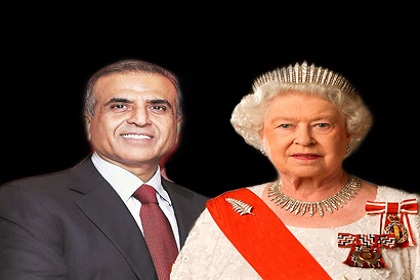 Courtesy: Gateway House
Courtesy: Gateway House
Bharti Global’s stake in OneWeb has given India lateral entry into this lucrative and newly-competitive global satellite-based internet services market. India and the U.K., the two stakeholders in this company, can build and sustain this collaboration through a well-thought-out bilateral space diplomacy agenda.
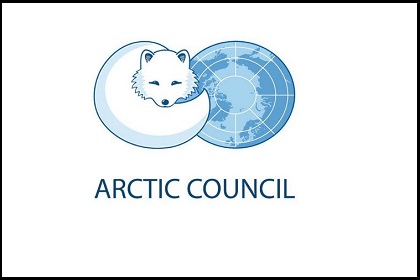 Courtesy: Twitter/Arctic Council
Courtesy: Twitter/Arctic Council
India’s pledge to the Paris Agreement gives it the flexibility to confidently place its climate action policies across various multilaterals. Although an observer of the Arctic Council, India can collaborate with the body's upcoming chair, Russia, to alleviate climate change concerns stemming from the Arctic. It is time for India to use its goodwill with the Arctic Council members to develop a national Arctic policy.












